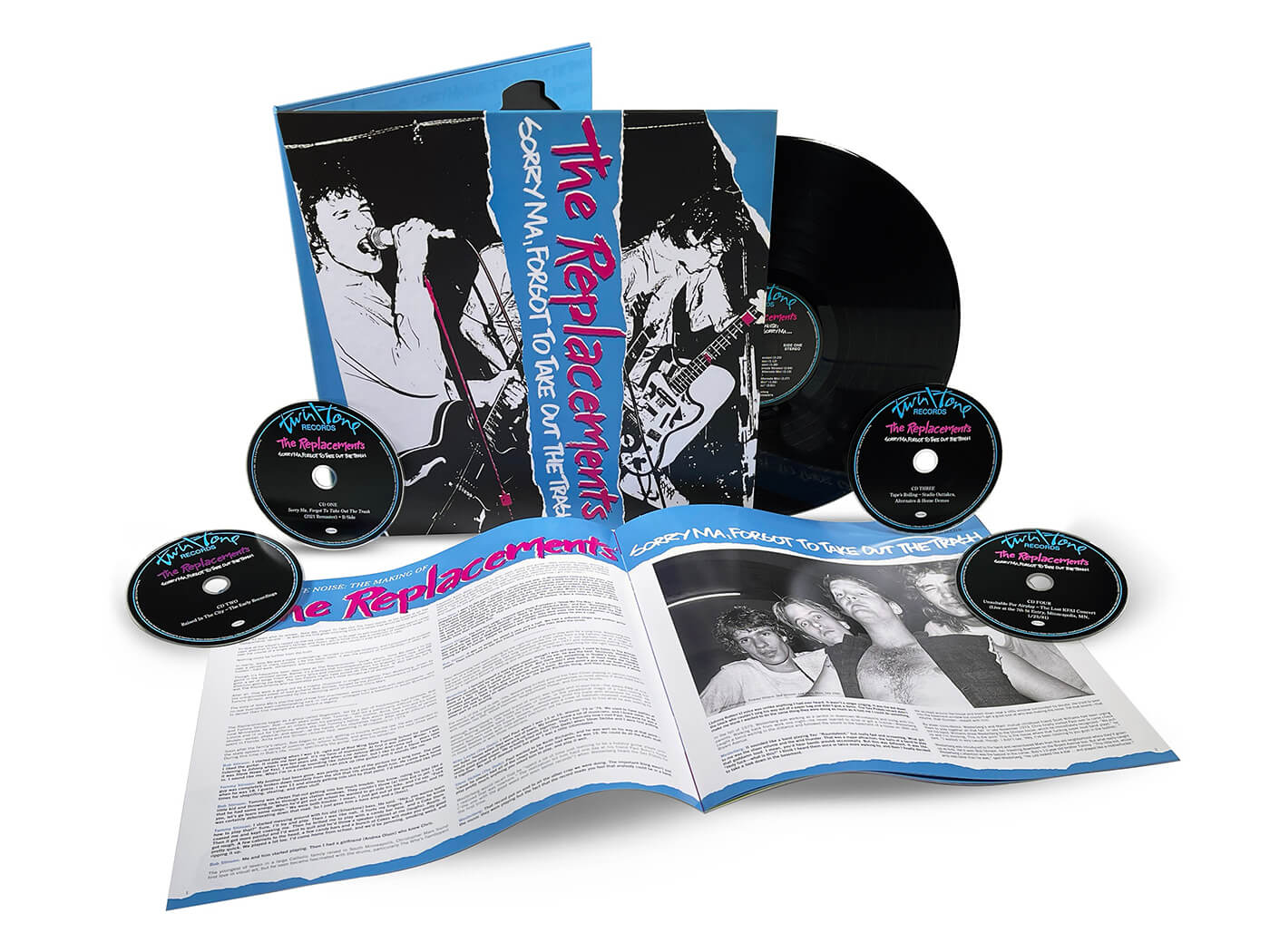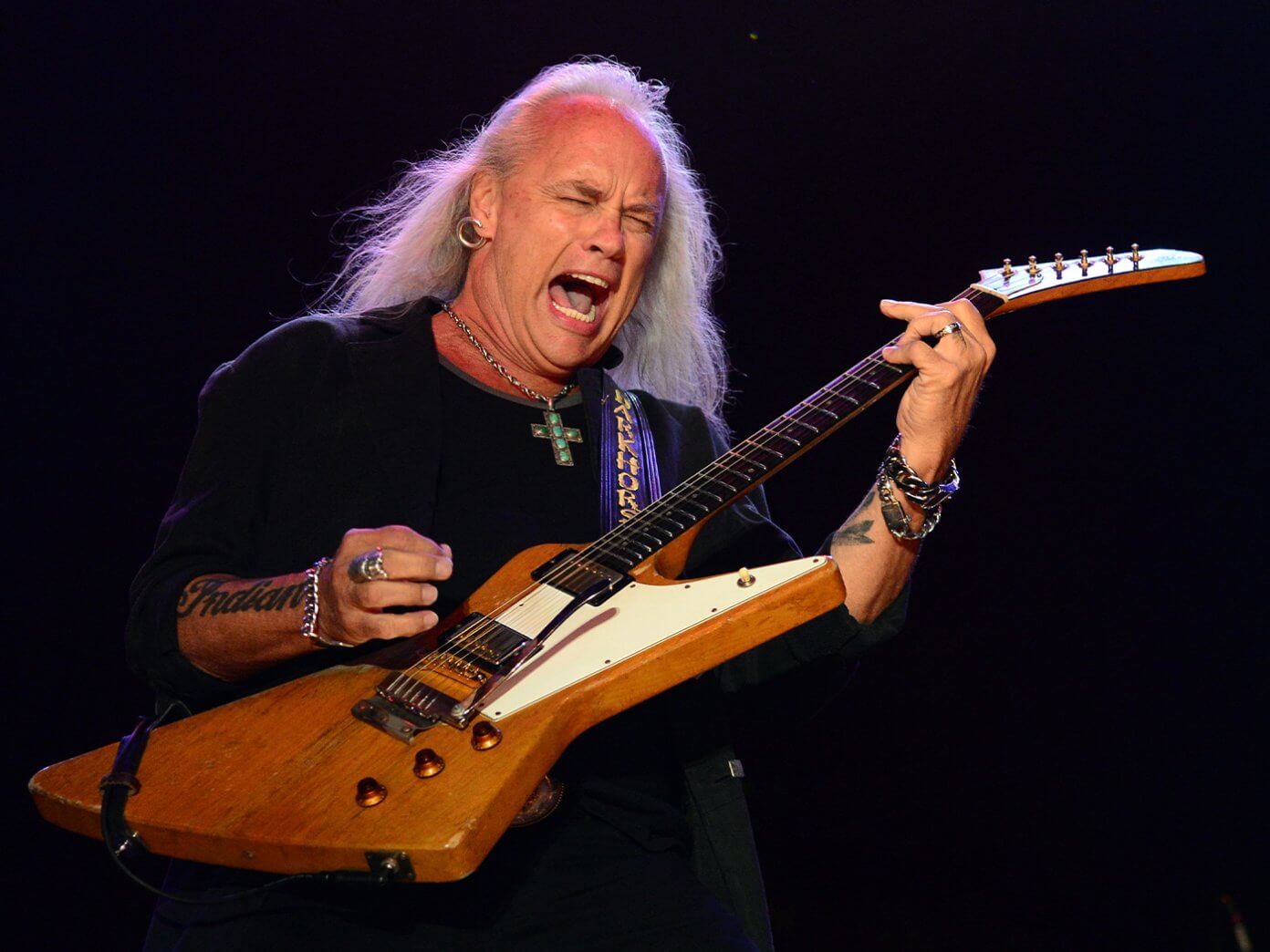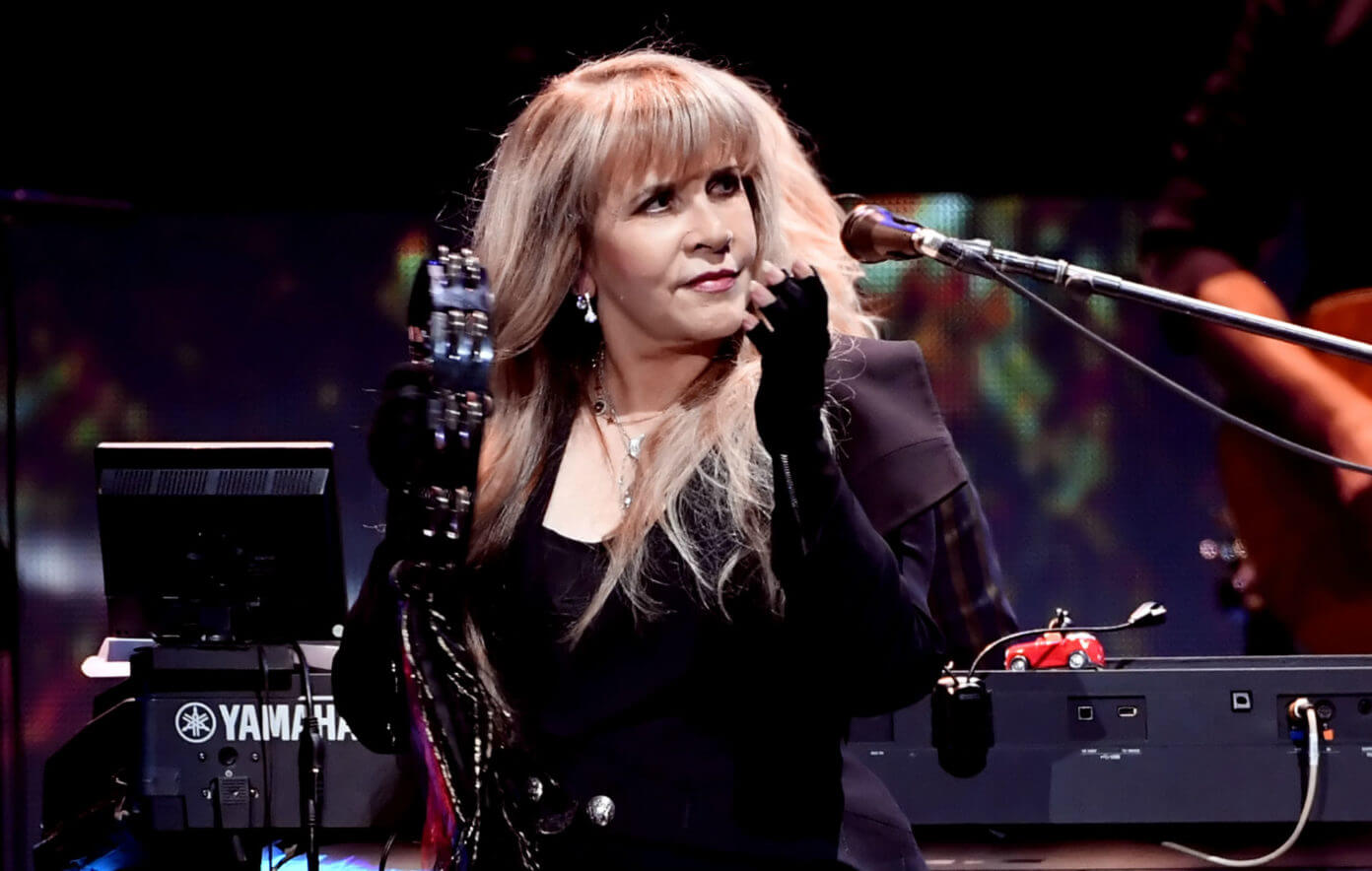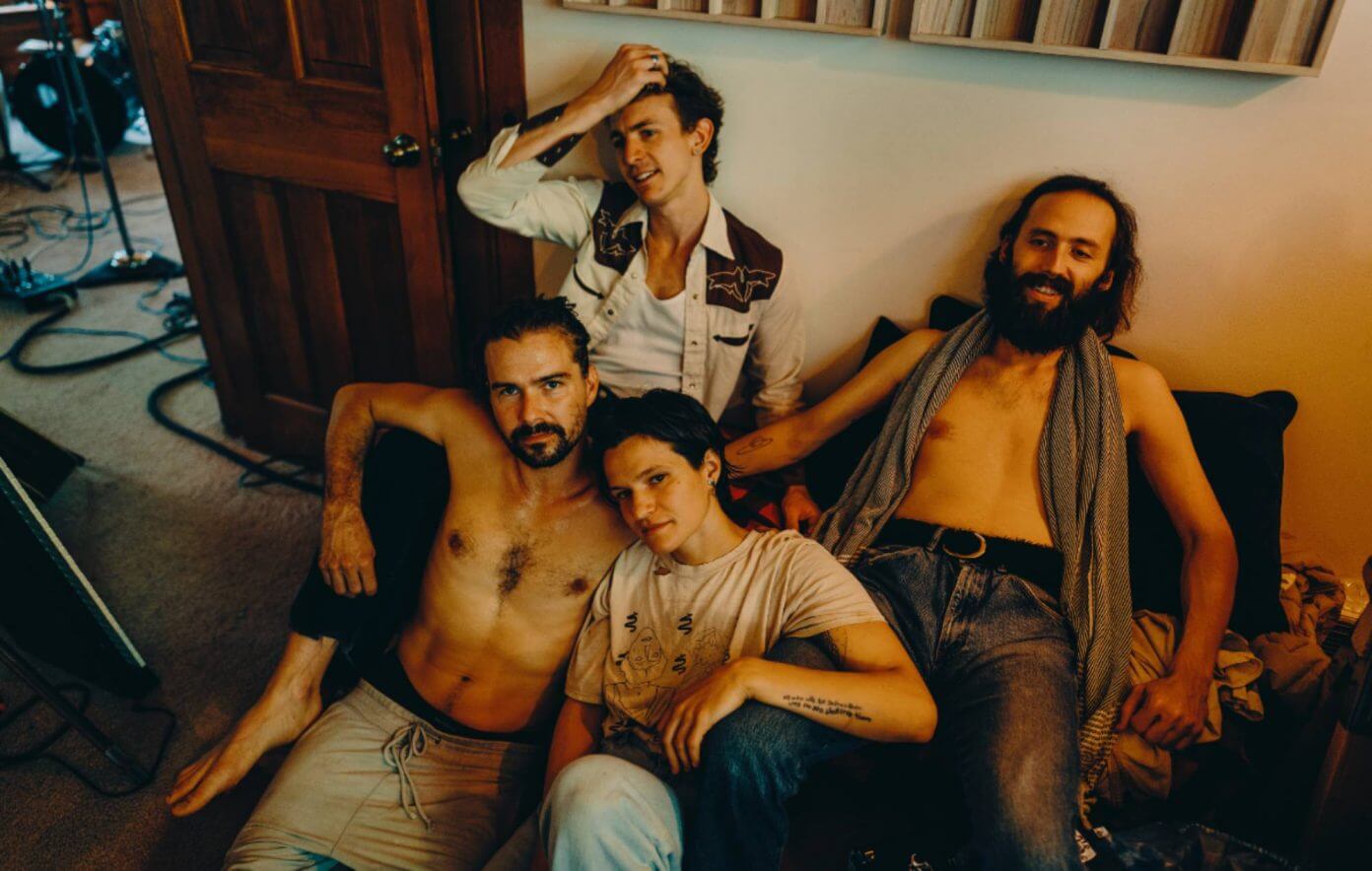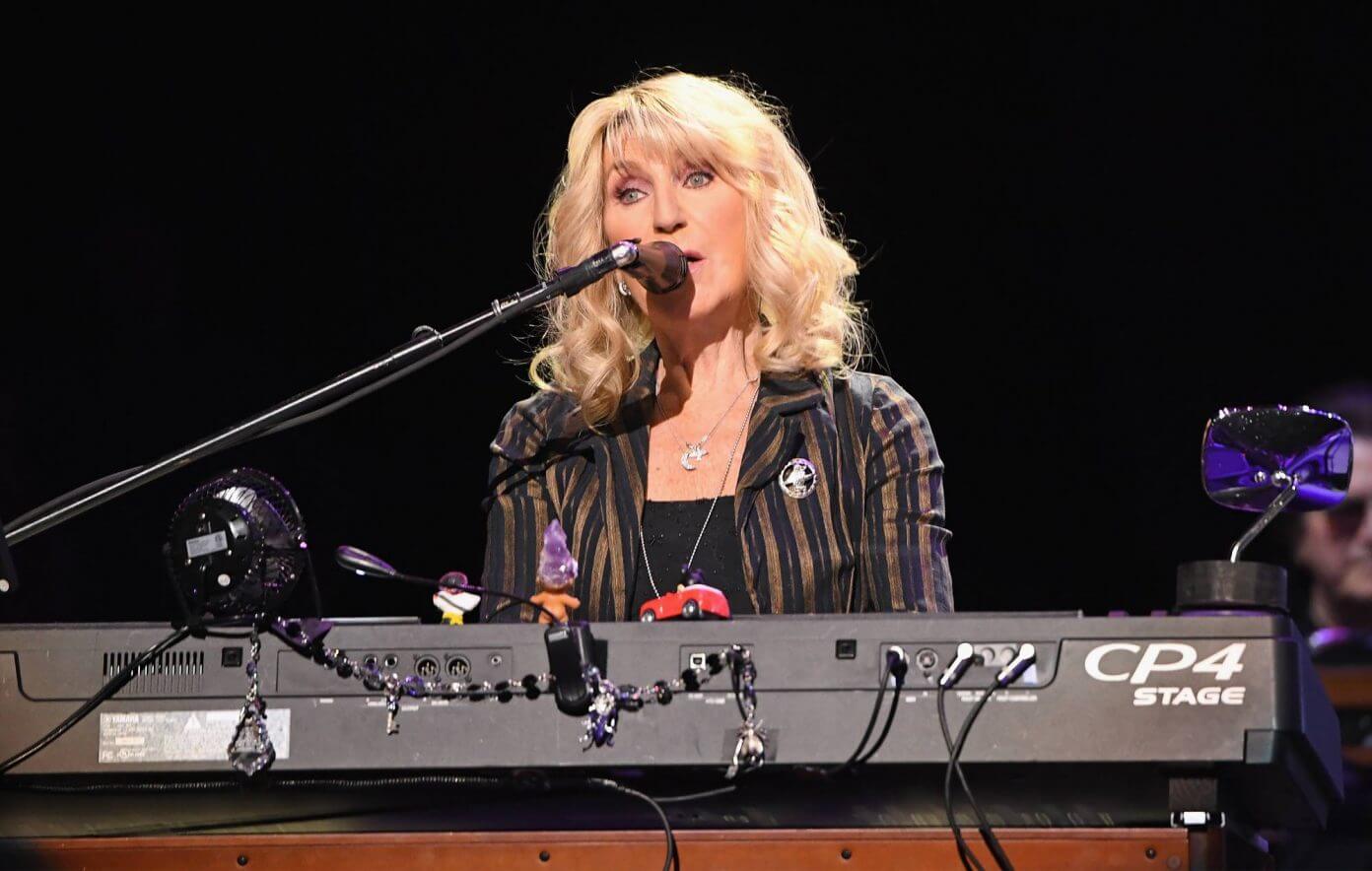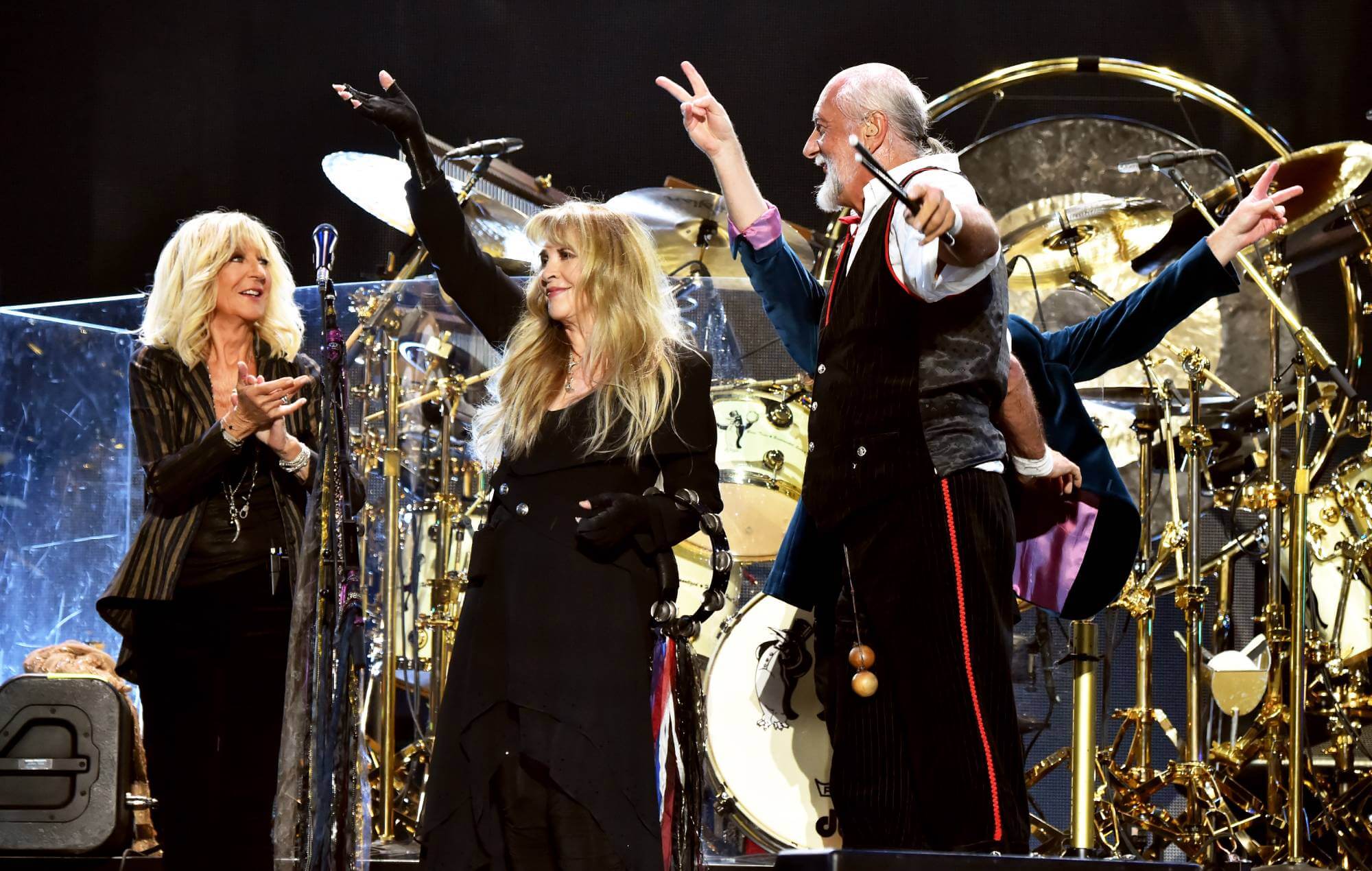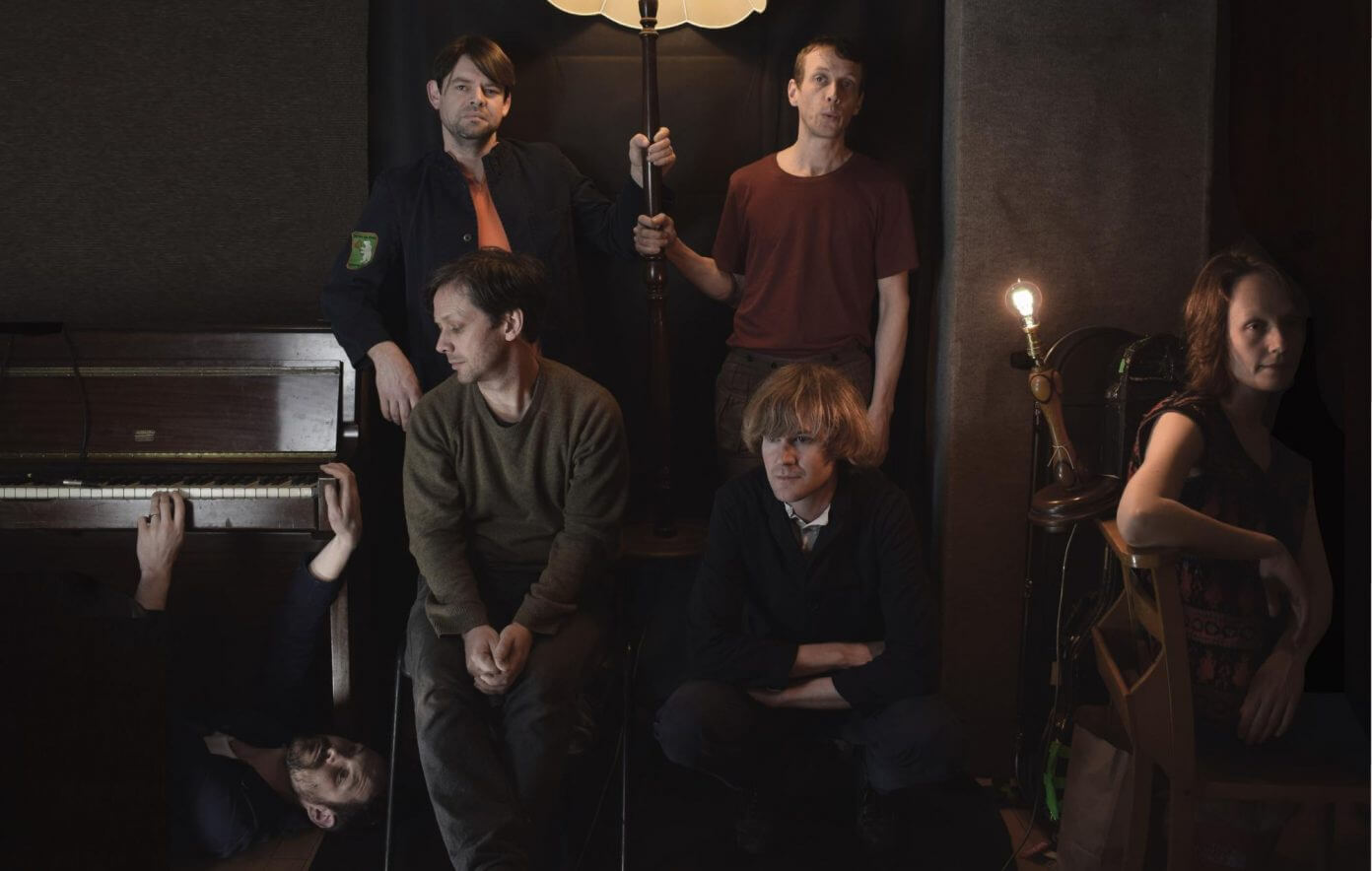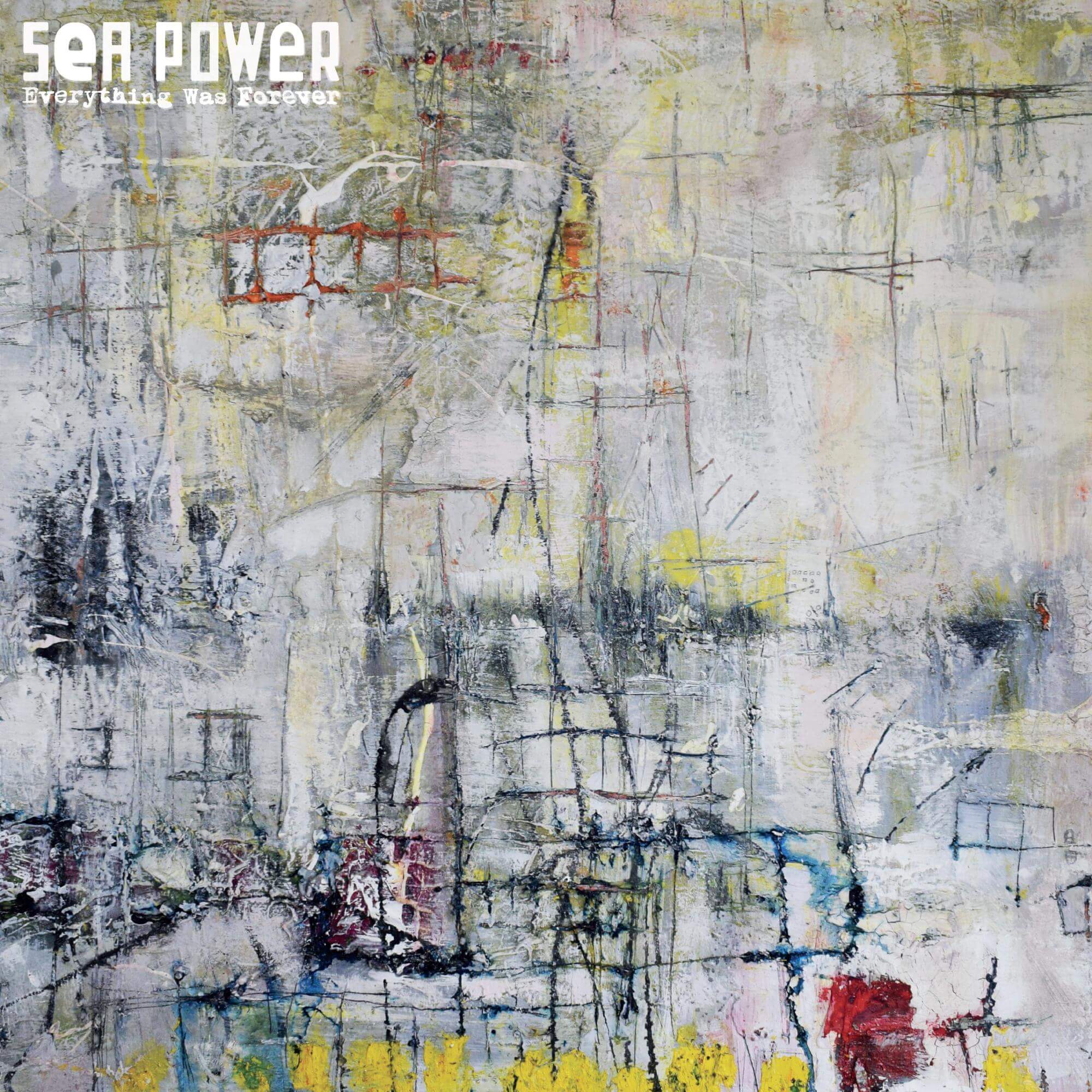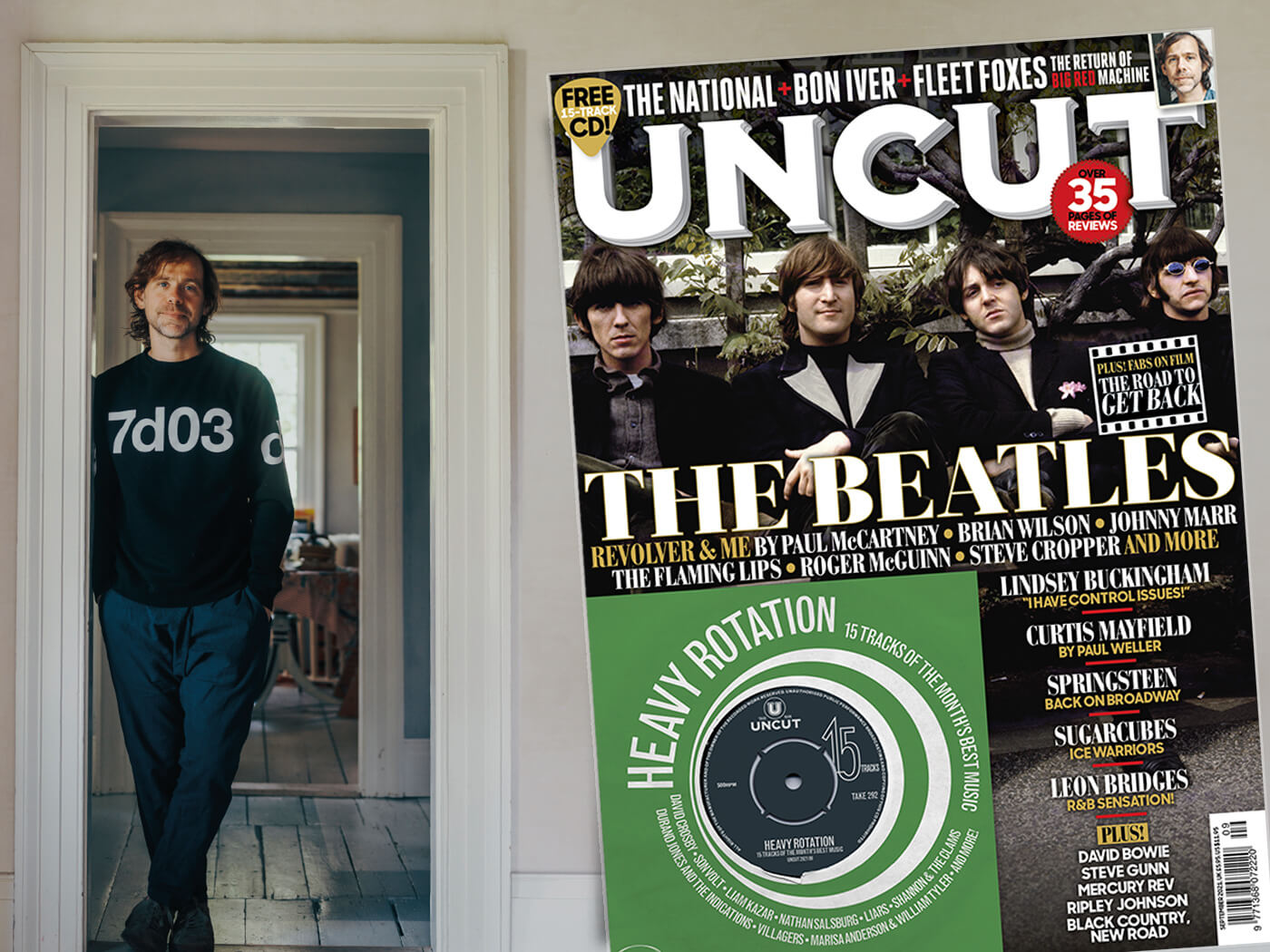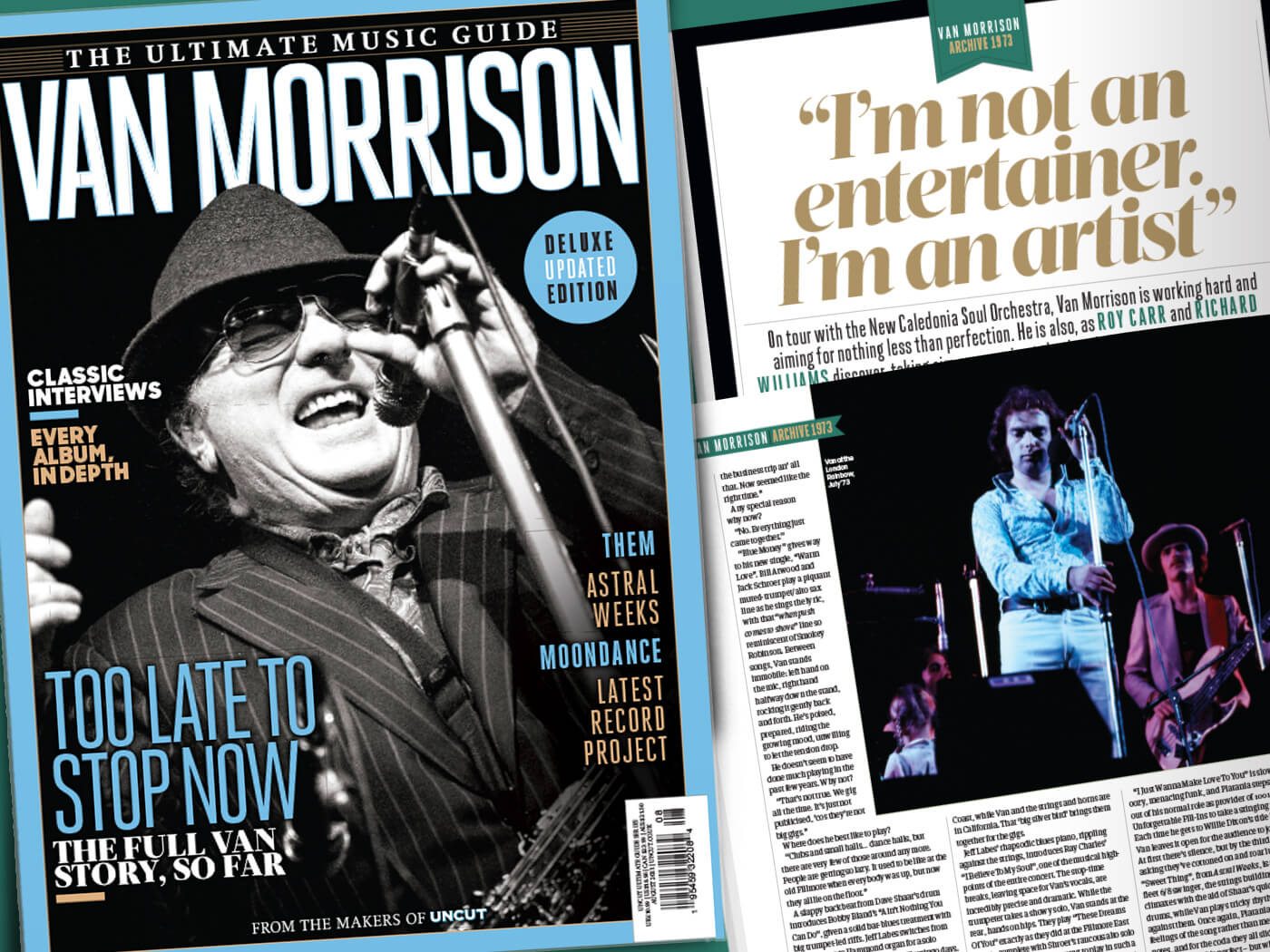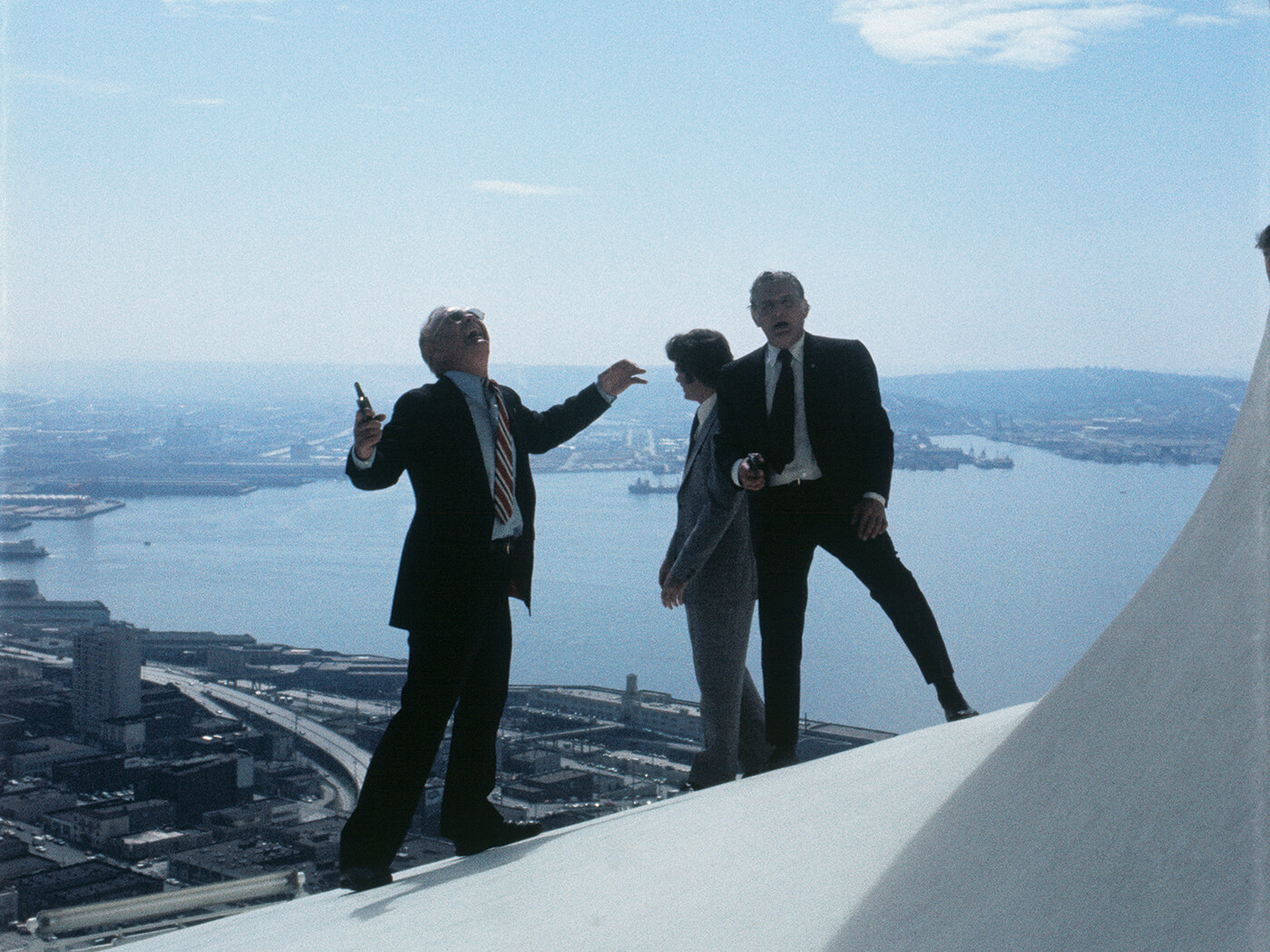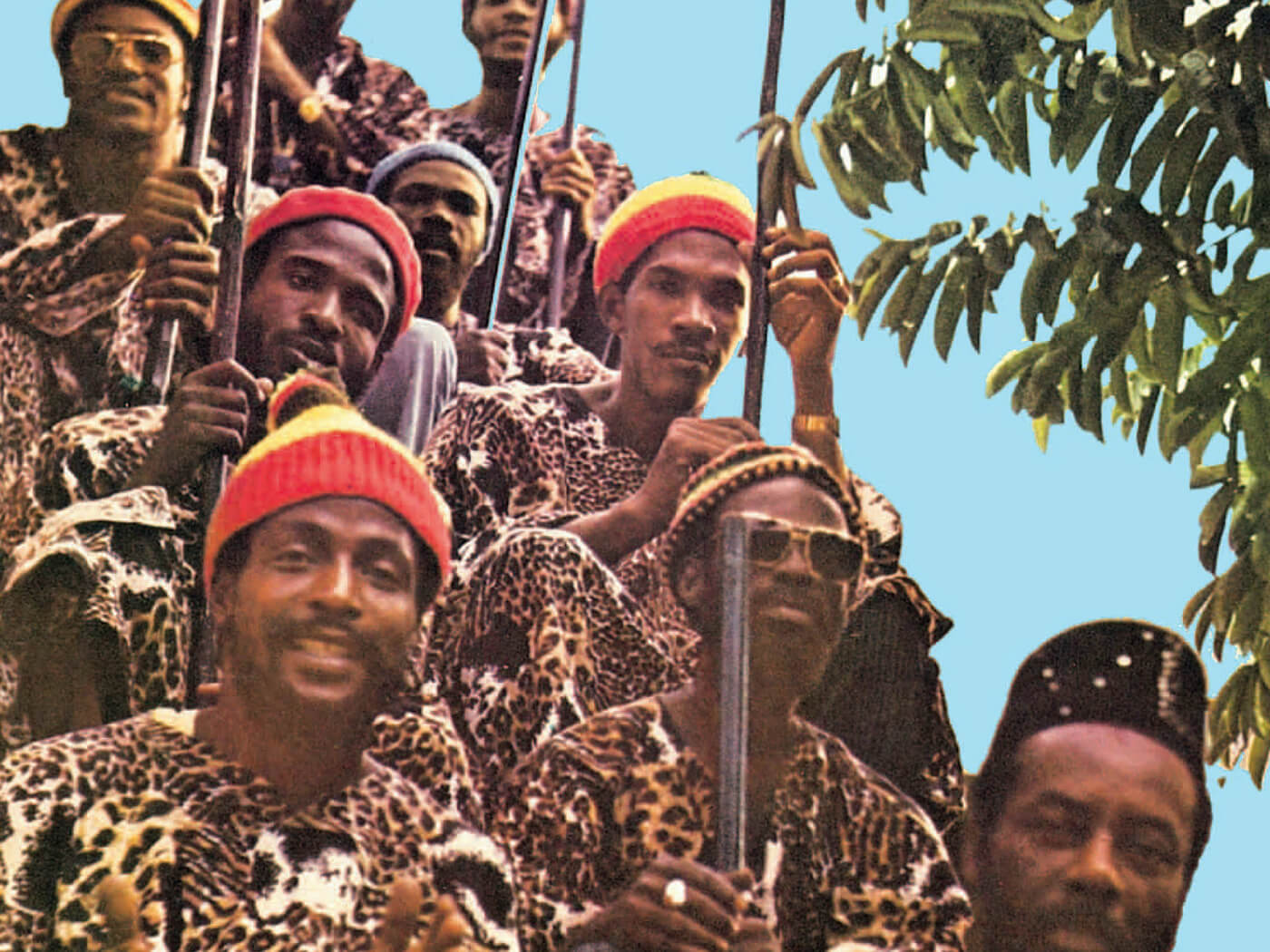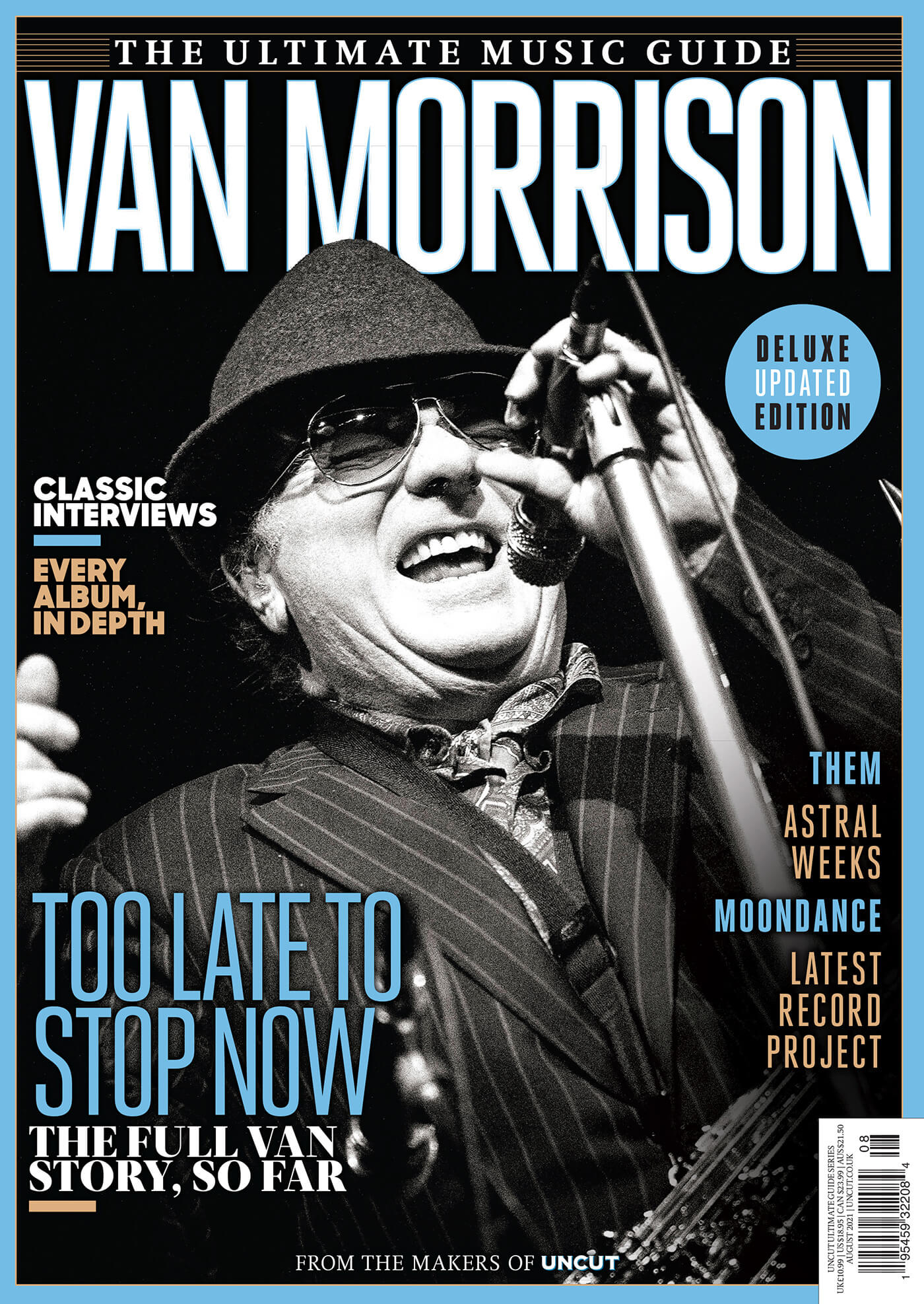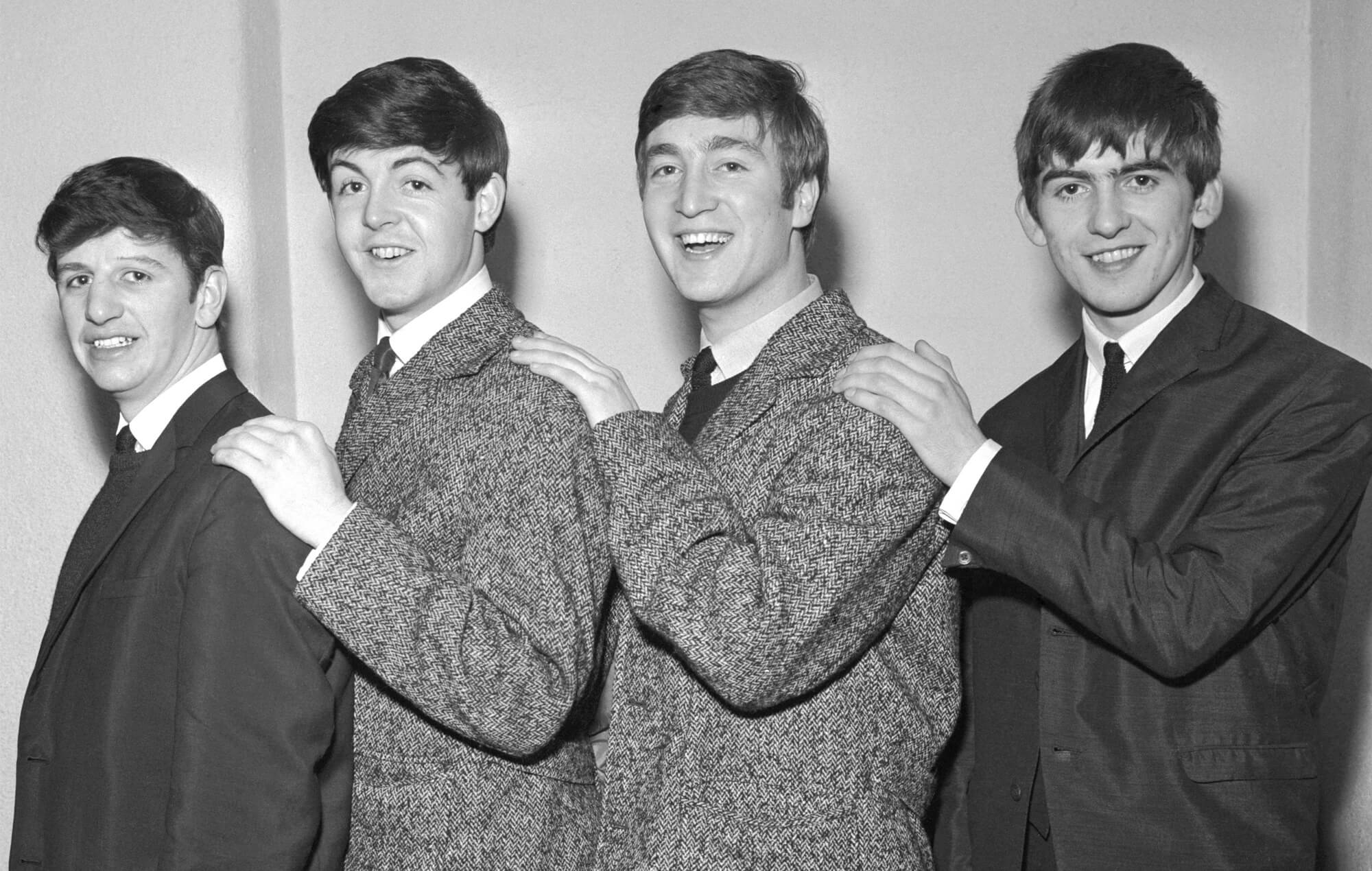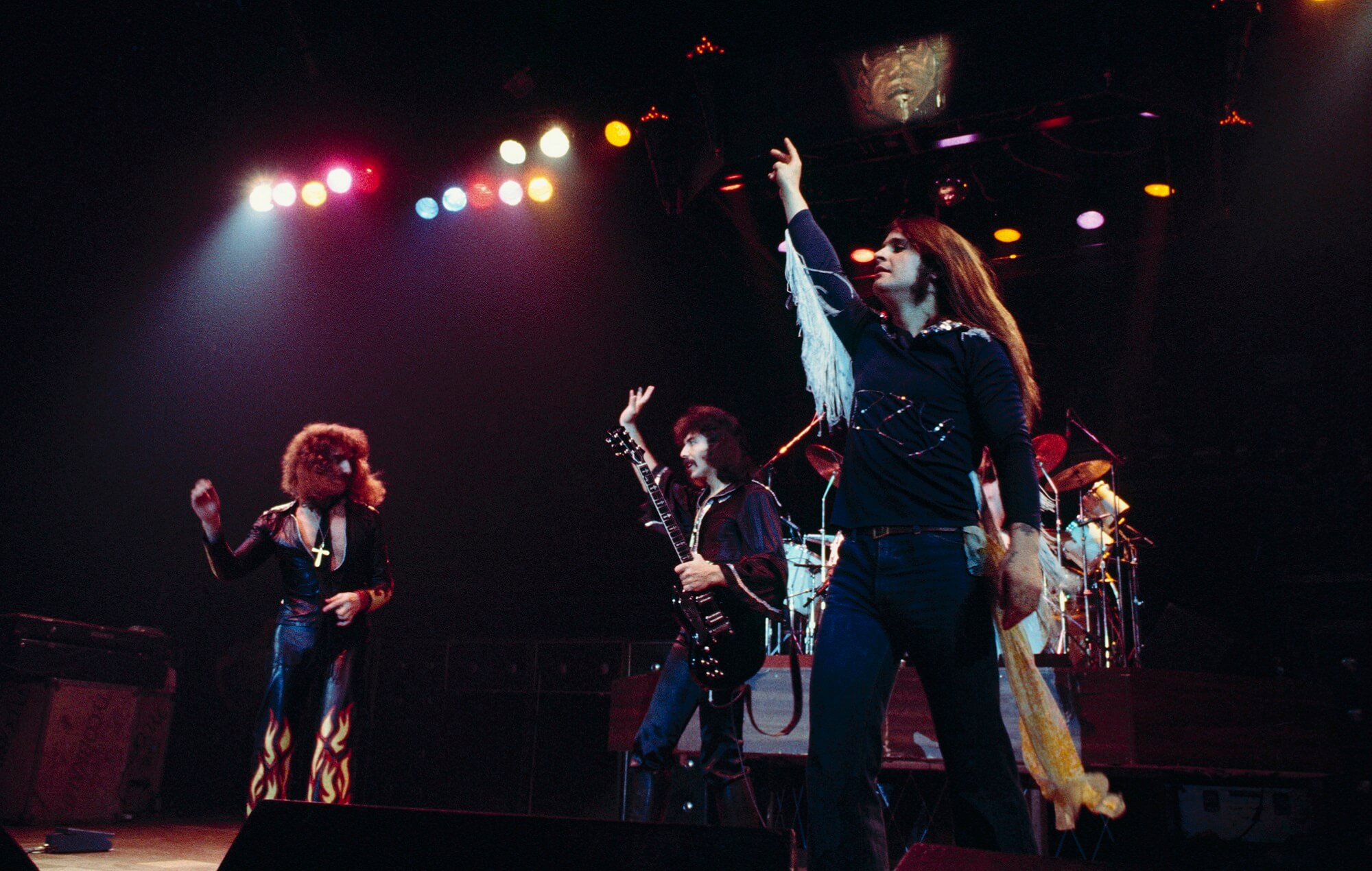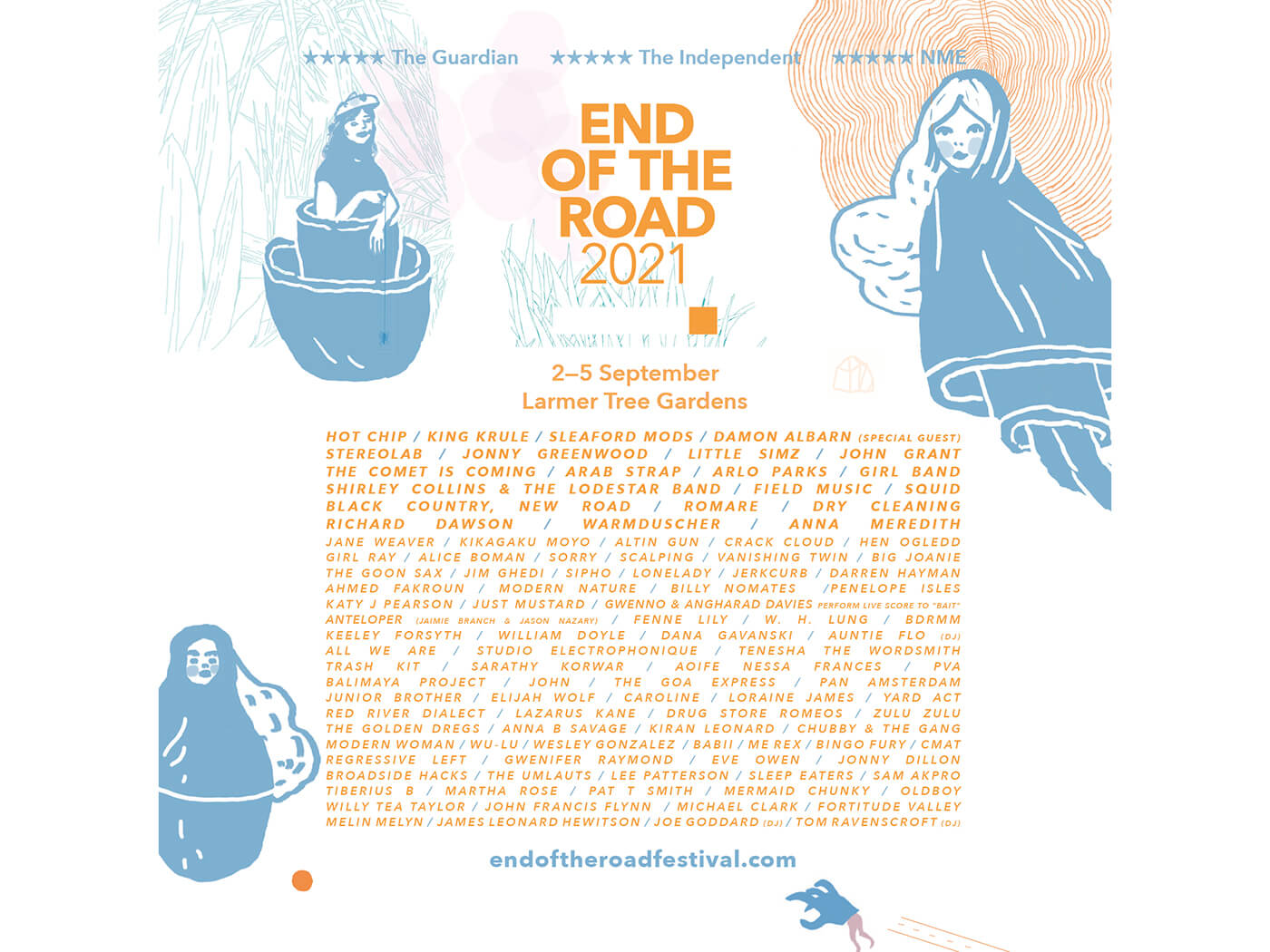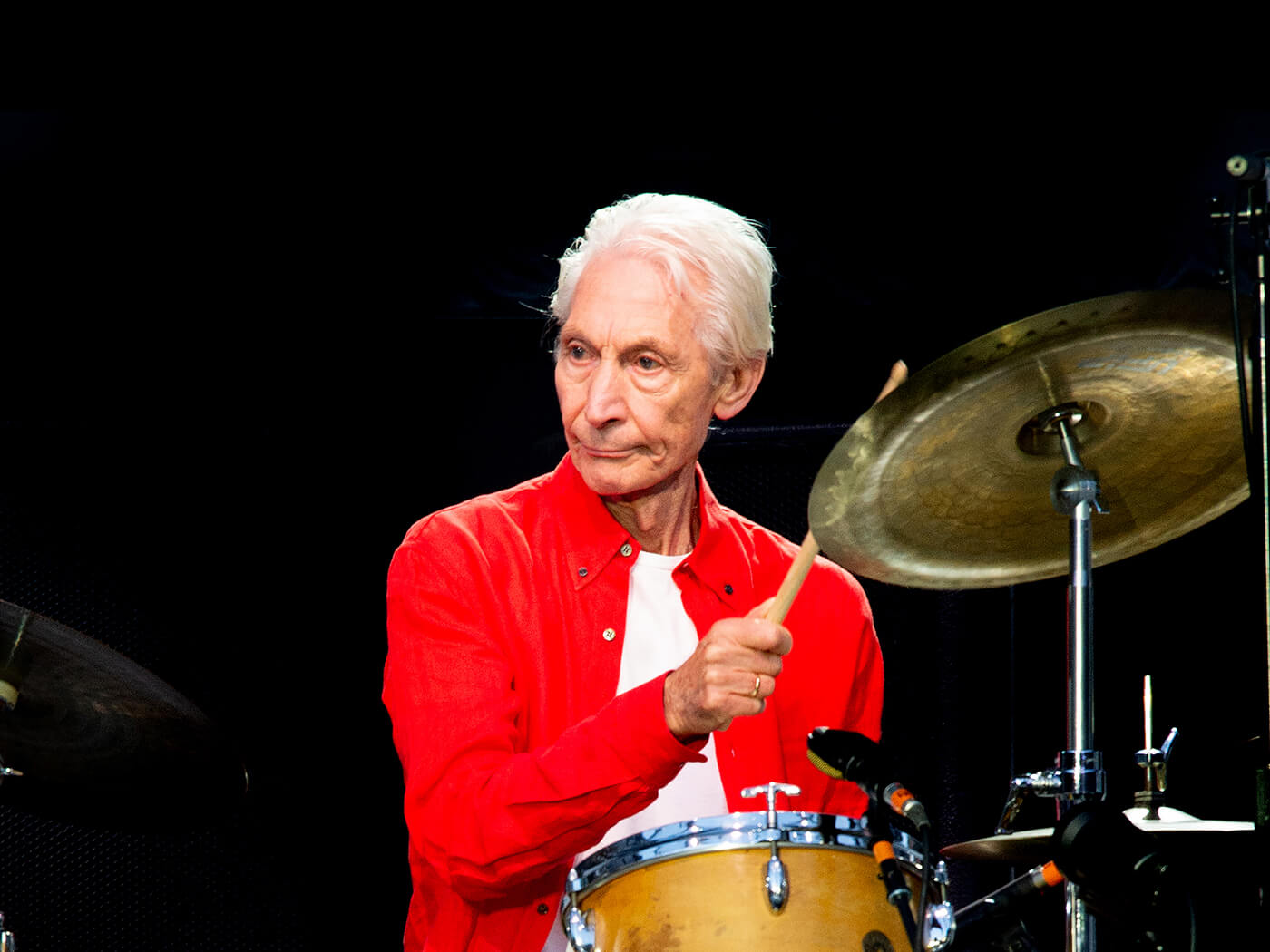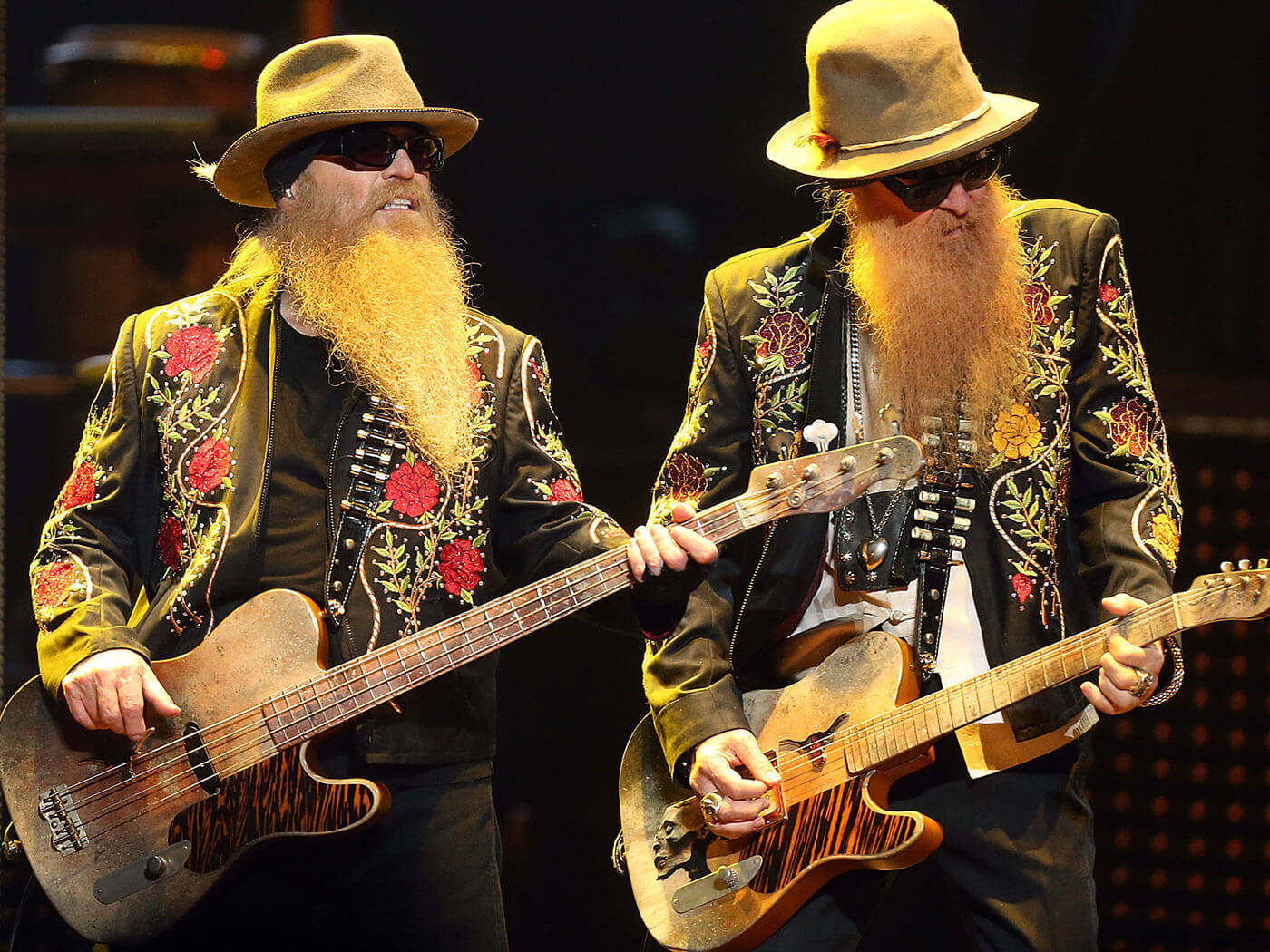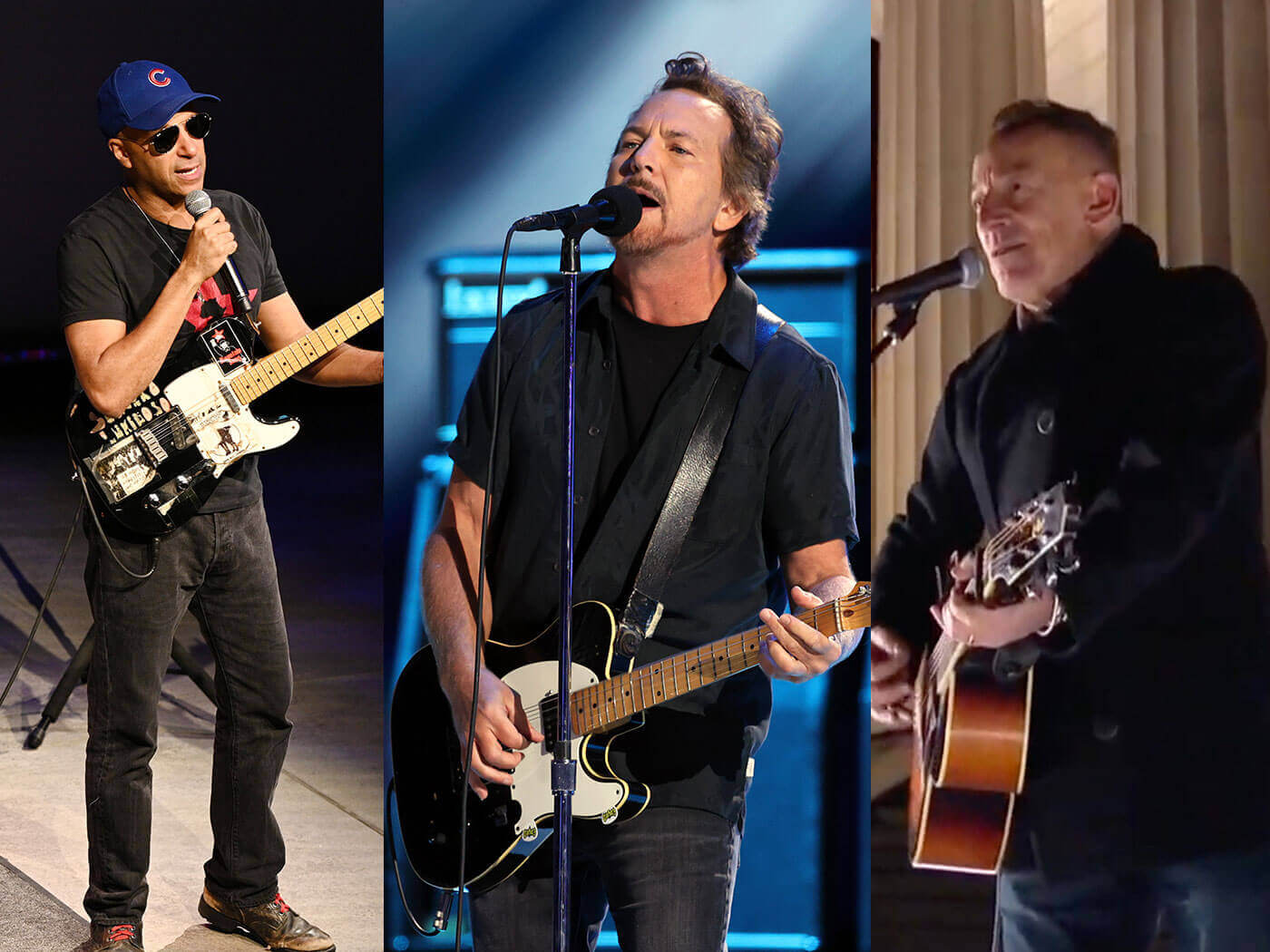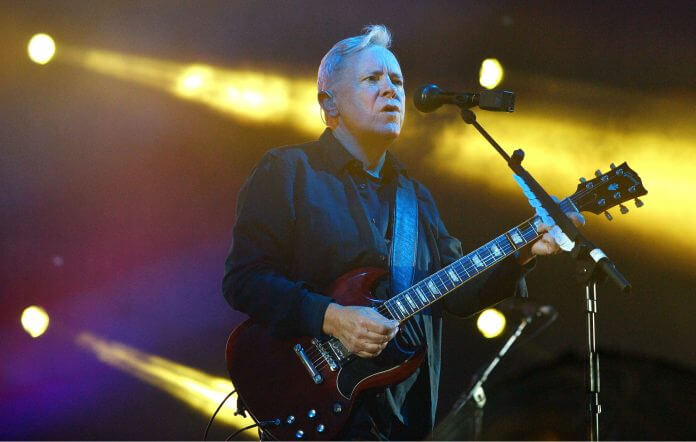The Replacements have announced a 40th anniversary deluxe edition of their 1981 debut album, Sorry Ma, Forgot To Take Out The Trash.
Released through Rhino on October 22, the 4CD/1LP set features 100 tracks, 67 of which have never been released before. These include the band’s first demos recorded in early 1980, as well as a live show recorded at the 7th St Entry in Minneapolis from January 1981. Along with a newly remastered version of the original album, the deluxe edition also uncovers unreleased rough mixes, alternate takes and demos from the band’s first 18 months together.
The LP included in the set, titled Deliberate Noise, presents an alternate version of the original album using these previously unreleased tracks.
The deluxe edition will be available from Dig! on October 22 for £67.99 and can be pre-ordered now from here. An exclusive bundle is also available via Dig! for £70.99 that includes the boxed set and a 7” reissue of The Replacements’ first single “I’m In Trouble” b/w “If Only You Were Lonely”. The music from the collection will also be available through digital and streaming services. This edition contains new liner notes and unseen photos.
You can hear an unreleased version of “I Hate Music (Studio Demo)” below:
Disc One: Original Album (2021 Remaster)
“Takin A Ride”
“Careless”
“Customer”
“Hangin Downtown”
“Kick Your Door Down”
“Otto”
“I Bought A Headache”
“Rattlesnake”
“I Hate Music”
“Johnny’s Gonna Die”
“Shiftless When Idle”
“More Cigarettes”
“Don’t Ask Why”
“Somethin To Dü”
“I’m In Trouble”
“Love You Till Friday”
“Shutup”
“Raised In The City”
“If Only You Were Lonely” – B-Side
Disc Two: Raised In The City – The Early Recordings
“Try Me” – Demo
“She’s Firm” – Demo
“Lookin For Ya” – Demo
“Raised In The City” – Demo
“Shutup” – Demo
“Don’t Turn Me Down” – Demo
“Shape Up” – Demo
“I Hate Music” – Studio Demo
“Careless” – Studio Demo
“Shutup” – Studio Demo
“Otto” – Studio Demo
“Get On The Stick” – Studio Demo
“Oh Baby” – Studio Demo
“Raised In The City” – Studio Demo
“Shiftless When Idle” – Studio Demo
“More Cigarettes” – Studio Demo
“You Ain’t Gotta Dance” – Studio Demo
“Don’t Turn Me Down” – Studio Demo
“Rattlesnake” – Basement Version
“Takin’ A Ride” – Basement Version
“Lie About Your Age” – Basement Version
“We’ll Get Drunk/Customer” – Basement Version
“Johnny Fast” – Basement Version
“Mistake” – Basement Version
Basement Jam – Rehearsal
Disc Three: Tape’s Rolling – Studio Outtakes, Alternates & Home Demos
“Careless” – Alternate Version
“Takin A Ride” – Alternate Version
“Shutup” – Alternate Version
“Otto” – Alternate Mix
“Raised In The City” – Alternate Version
“Rattlesnake” – Alternate Mix
“Love You Till Friday” – Alternate Version
“Customer” – Alternate Version
“Somethin To Dü” – Alternate Version
“Johnny’s Gonna Die” – Alternate Version
“I’m In Trouble” – Alternate Version
“I Hate Music” – Alternate Version
“We’ll Get Drunk”
“More Cigarettes” – Alternate Mix
“Get Lost” – Instrumental
“Hangin Downtown” – Alternate Version
“Shutup” – Alternate Version 2
“Somethin To Dü” – Alternate Version 2
“Don’t Ask Why” – Alternate Mix
“Kick Your Door Down” – Alternate Mix
“Love You Till Friday” – Alternate Mix
“Johnny’s Gonna Die” – Alternate Mix
“Like You” – Outtake
“Get Lost” – Outtake
“A Toe Needs A Shoe” – Outtake
“You’re Pretty When You’re Rude” – Solo Home Demo
“If Only You Were Lonely” – Working Version/Solo Home Demo
“Bad Worker” – Solo Home Demo
“You’re Getting Married” – Solo Home Demo
Disc Four: Unsuitable for Airplay – The Lost KFAI Concert (Live at the 7th St Entry, Minneapolis, MN, 1/23/81)
“Careless”
“Takin A Ride”
“Trouble Boys”
“Hangin Downtown”
“Like You”
“Off Your Pants”
“Get Lost”
“Excuse Me”
“Customer”
“I Wanna Be Loved”
“Mistake”
“My Town”
“Shiftless When Idle”
“Oh Baby”
“I’m In Trouble”
“Johnny’s Gonna Die/All By Myself”
“More Cigarettes”
“Otto”
“Don’t Ask Why”
“Slow Down”
“Somethin To Dü”
“Love You Till Friday”
“Raised In The City”
“Rattlesnake”
“All Day And All Of The Night”
“I Hate Music”
“Shutup”
LP: Deliberate Noise – The Alternate Sorry Ma…
Vinyl Track Listing
Side One
“Takin A Ride” – Alternate Version
“Careless” – Alternate Version
“Customer” – Alternate Version
“Hangin Downtown” – Alternate Version
“Kick Your Door Down” – Alternate Mix
“Otto” – Alternate Mix
“I Bought A Headache” – Alternate Mix
“Rattlesnake” – Alternate Mix
“I Hate Music” – Studio Demo
Side Two
“Johnny’s Gonna Die” – Alternate Mix
“Shiftless When Idle” – Studio Demo
“More Cigarettes” – Alternate Mix
“Don’t Ask Why” – Alternate Mix
“Somethin To Dü” – Alternate Version 2
“I’m In Trouble” – Alternate Version
“Love You Till Friday” – Alternate Mix
“Shutup” – Alternate Version
“Raised In The City” – Alternate Version


